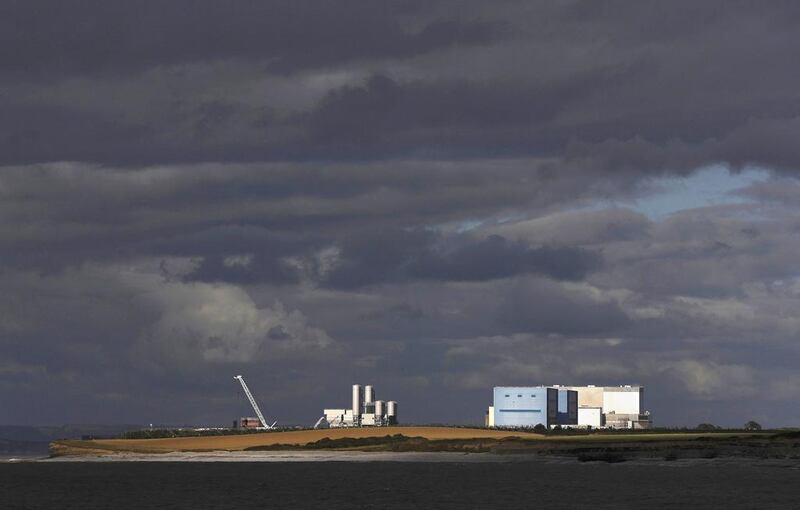Adding to Britain’s Brexit woes, Japanese multinational Hitachi inflicted a blow on the government on Thursday as it abandoned plans to construct a £16bn nuclear power station in Wales.
The £16 bn Wylfa plant on Anglesey was meant to be the next in a line of new nuclear projects, but Hitachi has been unable to agree a deal with the British government.
The decision constitutes a serious blow to the UK government, which is hoping to secure major investments ahead of its official departure from the EU bloc in March 2019.
Workers unions have expressed concerns that the cancellation of the plant – which would have provided around 6 per cent of UK electricity – might imperil around 300 jobs at Hitachi’s UK subsidiary, Horizon Nuclear Power, and preclude the creation of thousands more.
Another Tokyo-based multinational, Toshiba, also pulled the plug on a planned Moorside power station in Cumbria in November after it failed to find a buyer for the scheme.
Given the difficulties encountered at Wylfa, it is unlikely that plans for a second Hitachi plant at Oldbury in Gloucestershire will take off.
Duncan Hawthorne, CEO of Horizon, said he was “very sorry to say that despite the best efforts of everyone involved we’ve not been able to reach an agreement to the satisfaction of all concerned.”
_______________
Read more:
Brexit chaos exposes UK's diminishing clout on the world stage
Why natural gas is the fuel of the 21st century
_______________
“We will take steps to reduce our presence but keep the option to resume development in future,” he added.
The Japanese company already invested 300bn yen (£2.1 bn) in the project, prompting some to say that Hitachi is far more likely to put the project on hold rather than scrap it completely. Investments include apprenticeships and training centres in north Wales, at the Llandrillo Menai college group and Bangor University.
Whether it's a decision to delay or pull out completely, the move constitutes a setback to the UK government's drive to revive its nuclear energy industry in a bid to move away from the reliance on dirty coal and meet global climate targets.
But environmental groups opposing the construction of nuclear plants have nonetheless been pleased by the floundering of British nuclear efforts. Greenpeace UK’s executive director, John Sauven, said that “the end of the Moorside plan represents a failure of the government’s nuclear gamble.”
While there will be pressures to rescue the proposals, some have seen this as an opportunity to ramp up investment in renewable technologies.






